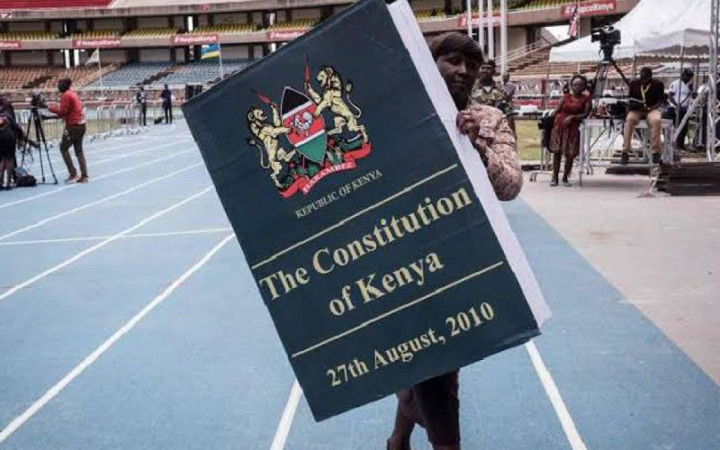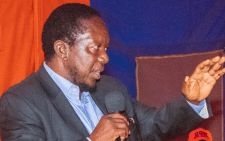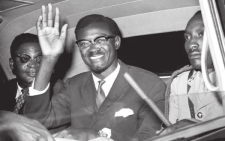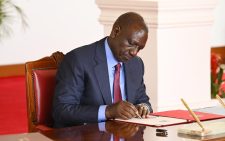Time to bolster constitution, minus politicians

Kenya has gone through a turbulent political period, culminating in the impeachment of Deputy President Rigathi Gachagua, now a protracted public courtroom drama.
The bells are tolling for deep reflection on the critical governance and economic problems and how the constitutional dispensation can be applied to resolve them.
When the framers of the Constitution embarked on the task of drafting a new supreme law for the nation 22 years ago, they had three fundamental objectives in their noble mission.
The first was to anchor the power of the people in law and the sacred Constitution following the second liberation struggle after the first one against colonial rule.
The second was to devolve power and national resources to the grassroots from what was perceived to be an imperial presidency and centralised government.
The third was to secure the principle of the separation of powers between the Executive, Legislature and the Judiciary as enduring pillars of the Constitution.
When Kenya gained independence, it adopted the hybrid parliamentary system of its coloniser, a monarchy, with home-grown presidential rule.
Ironically, while the British Empire glorified the monarchy, its independent Kenyan successor cultivated a domineering status to the President in all spheres of governance and the political, economic and legislative realms.
The power of the presidency shattered any precepts of democracy and replaced it with authoritarian rule, suppressing dissent and persecuting political opponents.
Multiparty politics was abolished and replaced by the abhorrent single-party rule where Kanu (read the President) was the “Baba na Mama” (father and mother) of every State or national activity.
This system of governance was obnoxious to democratic principles, alienated the people and positioning them in a rebellious mode. The struggle against autocracy led to protests and loud demands for a new constitutional order to restore power to the people as principal custodians of the Constitution
In the initial national legal exercise of this people power drive, the Constitution of Kenya Review Commission undertook a vigorous two-year mission, collecting views from Kenyans of all walks of life across the country.
This was the first comprehensive public participation exercise attempting to deliver a people-driven Constitution. Somewhere along this path to its realisation, the political class, with vested interests, hijacked the process and the mongrel Constitution born achieved just 80 percent of its goal.
The remaining 20 percent is where Kenya’s problem lies, fuelled by corruption, impunity and electoral injustices that have seen the Independent Electoral and Boundaries Commission inoperative for two years.
As the hugely popular Gen Z protests recently exposed, Kenya is today akin to when power was concentrated in the hands of the presidency and the central government in virtually every facet of national political, economic and social life.
Alarmingly, the manipulation of the Constitution has resulted in the capitulation of the Legislature to the Executive.
Instead of learning from the painful lessons of Gen Z protests, the presidency appears to have reverted to the old unpopular tendencies by coalescing with the Opposition to consolidate power away from the people to rule without adequate checks and balances.
Flagrant violations of human rights have reached unacceptable levels with terrifying abductions by suspected State agents, extrajudicial killings, and the use of police brutality to suppress peaceful protests.
It is now time to review and strengthen the Constitution, minus the political class.
— The writer comments on national affairs; [email protected]












